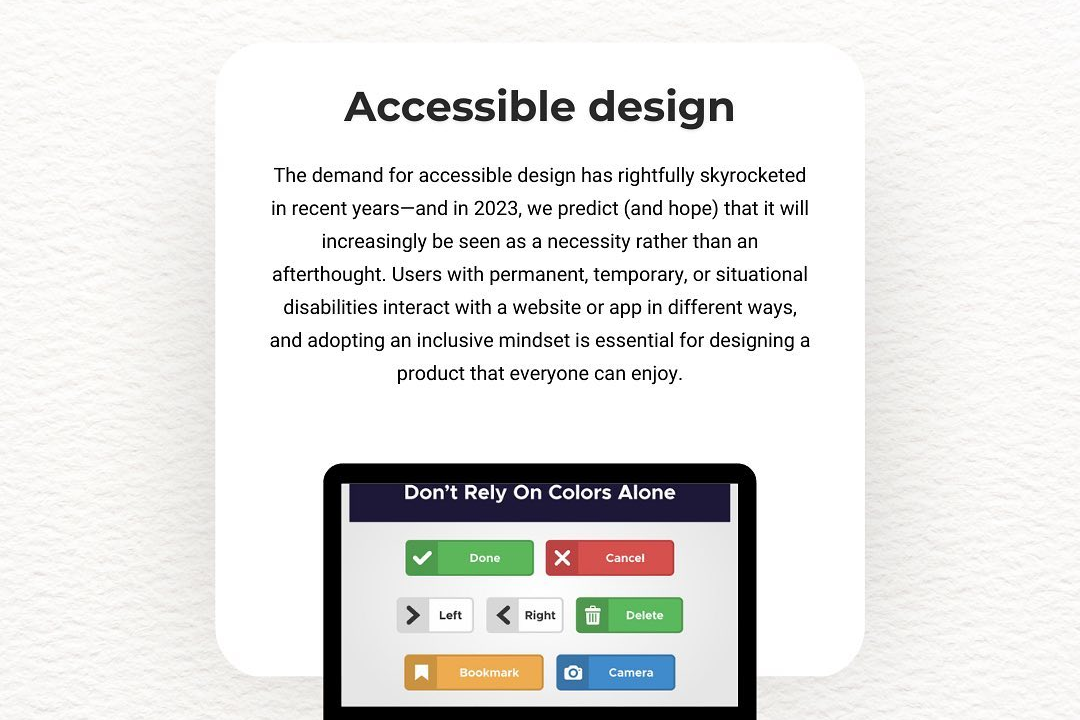Swift Programming For Professionals
Advanced Swift Programming for Professionals
Swift Programming For Professionals
Swift is a powerful and intuitive programming language developed by Apple for building applications across its ecosystem, including iOS, macOS, watchOS, and tvOS. Designed with modern programming paradigms in mind, Swift embraces safety and performance, featuring strong static typing, optionals to handle nil values gracefully, and advanced functional programming capabilities. Its syntax is concise yet expressive, making it accessible for professionals while supporting complex software architectures. Swift's robust standard library, combined with features like protocol-oriented programming, enables developers to create scalable and maintainable code. Furthermore, Swift's interoperability with Objective-C ensures a smooth transition for existing codebases, while its rich ecosystem of frameworks and tools, such as SwiftUI for UI development, positions it as a competitive and forward-thinking choice for professional software development.
To Download Our Brochure: https://www.justacademy.co/download-brochure-for-free
Message us for more information: +91 9987184296
1 - Introduction to Swift: An overview of what Swift is, its history, and why it's a popular choice for iOS and macOS development, emphasizing its performance and safety features.
2) Setting Up the Development Environment: Guidance on installing Xcode, Swift Playgrounds, and the necessary tools to begin development. Including how to set up and manage projects.
3) Swift Syntax and Basics: A deep dive into Swift syntax including variables, constants, data types, and operators. This sets the foundation for more complex topics.
4) Control Flow: Understanding conditional statements (if, switch) and loops (for, while), which are essential for directing the flow of execution in programs.
5) Functions in Swift: Exploring the definition, declaration, and calling of functions, including parameters and return types, as well as advanced concepts like function types and closures.
6) Object Oriented Programming (OOP): Introduction to classes and structures in Swift, including inheritance, encapsulation, and polymorphism, essential for building scalable applications.
7) Protocols and Delegation: Detailed exploration of protocols, their importance in Swift, and how to implement delegation for communication between objects, making apps modular and flexible.
8) Error Handling: Understanding how to handle errors in Swift using do catch blocks and the throwing functions, as well as best practices for robust app development.
9) Collections (Arrays, Dictionaries, Sets): In depth look at different collection types, how to manipulate them, and performance considerations, which are vital for efficient data handling.
10) Swift’s Memory Management: An explanation of Automatic Reference Counting (ARC), value types vs reference types, and how Swift handles memory management.
11) Concurrency in Swift: Introduction to async/await, Grand Central Dispatch (GCD), and other concurrency models in Swift, enabling effective multitasking and responsiveness in applications.
12) Building User Interfaces with SwiftUI: Overview of SwiftUI, its declarative syntax, and how to create dynamic user interfaces for iOS applications.
13) Unit Testing in Swift: Importance of testing, using XCTest framework for writing unit tests, and developing a testing strategy to ensure software quality.
14) Integrating Frameworks and Libraries: How to use CocoaPods and Swift Package Manager to include third party libraries and frameworks to enhance app functionality.
15) Debugging and Profiling Tools: Utilizing Xcode's debugging tools, Instruments for performance profiling, and best practices for diagnosing and fixing common programming issues.
16) Best Practices and Coding Standards: Discussion of coding conventions, documentation standards, and readability practices to ensure maintainable and professional grade codebases.
17) Deployment and App Store Guidelines: Explanation of the app submission process, including adhering to App Store guidelines, preparing for deployment, and tips for increasing user adoption.
18) Real world Project Development: Practical hands on projects throughout the course that encourage students to build and deploy their applications, reinforcing learned concepts.
These points provide a robust framework for a Swift programming training program designed for professionals eager to acquire practical skills.
Browse our course links : https://www.justacademy.co/all-courses
To Join our FREE DEMO Session: Click Here
Contact Us for more info:
Android App Training Mahabubnagar
Software Testing Course In Hyderabad Fees And Duration
iOS Training in Sangli
Kotlin Courses Tumkur
Android Development Classes Kothagudem











